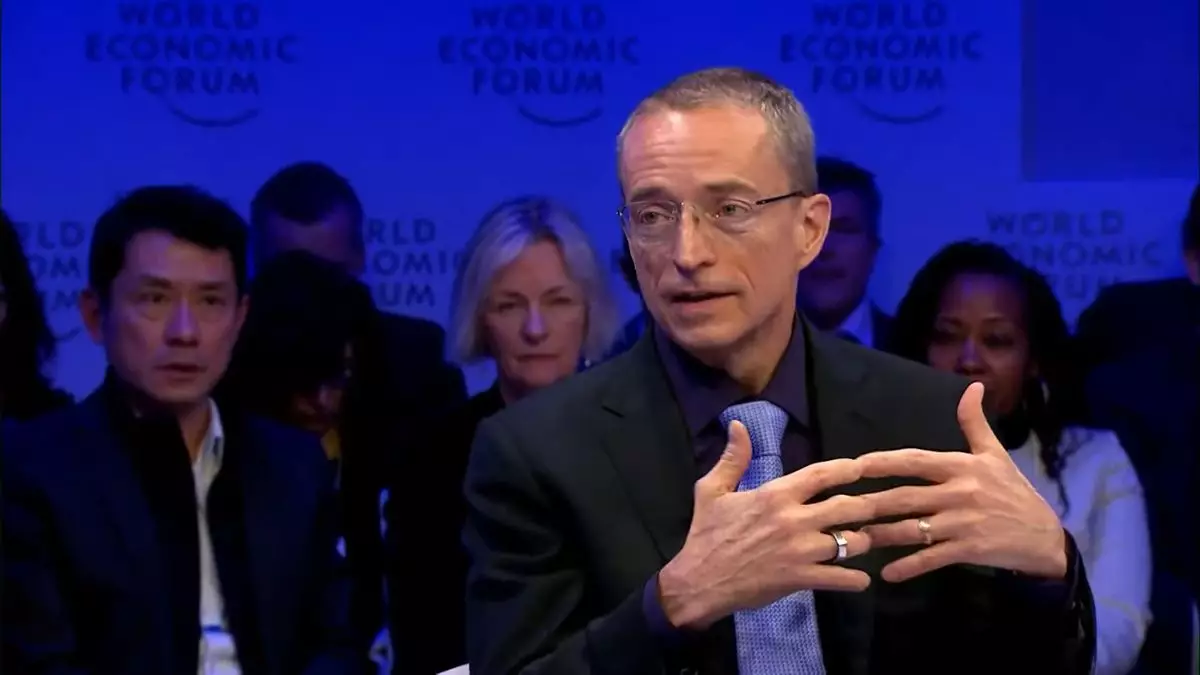Intel has been facing a series of challenges over the past year, including chip crashing issues, poor financial results, and the announcement of mass layoffs. These issues have not only affected the company’s bottom line but have also raised concerns about its leadership. CEO Pat Gelsinger and other key executives are expected to present a plan to the company’s board of directors this month in an effort to address these issues. The plan reportedly includes proposals to “slice off unnecessary businesses and revamp capital spending.”
While there have been speculations about potentially splitting Intel and selling off its foundry, there are currently no concrete plans in place for such actions. The plan presented to the board is still subject to change and is not yet finalized. However, considering Intel’s declining stock value and recent disappointing financial results, it is evident that some drastic measures may need to be taken to improve the company’s financial standing.
One potential target for restructuring within Intel is Altera, a programmable chip manufacturer acquired by the company in 2015. There have been talks of spinning out Altera through an IPO or selling a portion of its stake in the company. Given the significant amount Intel paid to acquire Altera, selling off the entire business to another chip maker could be a viable option to improve the company’s financial situation.
In a recent conference, Pat Gelsinger addressed Intel’s struggles openly and emphasized the importance of taking decisive actions to address the challenges faced by the company. The market response to Intel’s recent announcements has been mixed, with some rallying behind the company while others remain skeptical about its future prospects. Gelsinger highlighted the need for cost reductions and operational efficiency to navigate the competitive landscape of the industry.
As Intel prepares to unveil its new plan to the board of directors, the company will be under pressure to make bold and strategic decisions to restore investor confidence and put itself back on a steady path. The future of Intel will depend on the effectiveness of the measures taken to address its financial struggles and streamline its business operations. Only time will tell whether these efforts will be enough to turn the tide for the once-leading chip maker in the industry.

